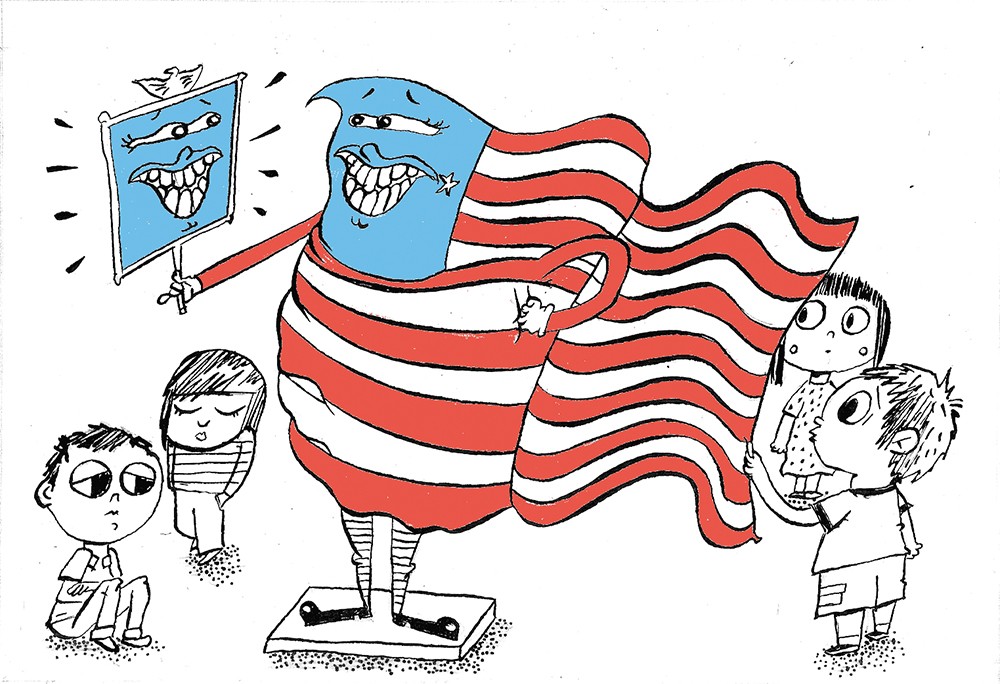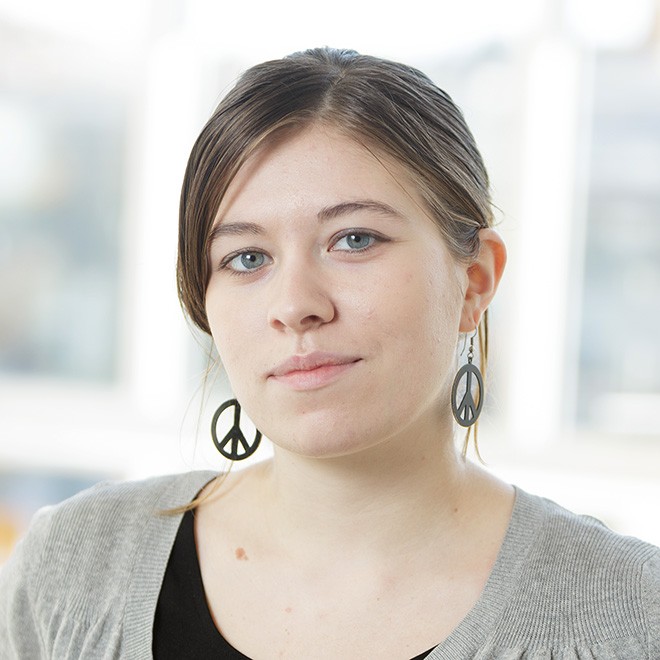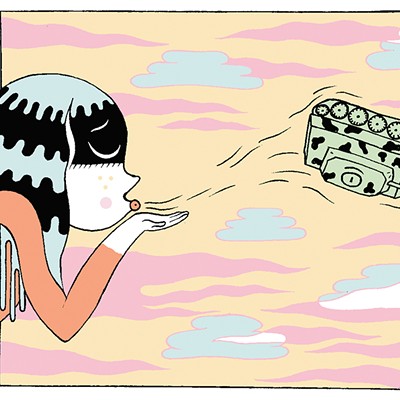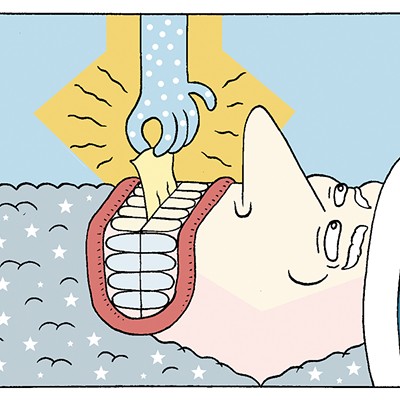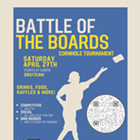The printed sign reads "Return to Sender" and is held aloft by a middle-aged white man in sunglasses and a red, white and blue T-shirt. The object of his outrage isn't misplaced mail, it's children at the U.S.-Mexico border trying to escape poverty and the dangers that it courts. As the story of these tens of thousands of children attempting to enter the U.S. from Central America has become known, the xenophobic backlash has escalated. The message that's been reinforced over these months is a disturbing one that echoes across the globe and through time: Some lives matter more than others. Between the drug war, the 2009 U.S.-backed coup in Honduras, and the economic disaster of so-called free trade, it seems inevitable that the people in these nearby places so disfavored by U.S. policy and power will seek refuge somewhere.
In Gaza, a more pronounced violence is being carried out under the same basic banner. In the same way that children displaced by U.S. policy are demonized, the captive population of Gaza, half comprised of children, is being collectively punished for the actions of one political group within the population. Many news sources in the U.S. have characterized the mass killing of children in this assault as something that Gazans deserve for having elected Hamas, with a cynical shrug meant to suggest that this is what Palestinians should expect for their children.
Consider Ayelet Shaked, a member of the far-right Jewish Home party in Israel's Knesset, who stated publicly that mothers in Gaza should be intentionally targeted, referring to Palestinian children living there as "little snakes." She said, "They have to die and their houses should be demolished so that they cannot bear any more terrorists."
Back in Southern California, a smiling, pretty woman holds a sign with a carefully colored peace sign in the center, its negative space containing bubble letters that say "USA!" and "#1!" The main text of the sign reads "It's not about hate, it's about love for our own!" Next to the white Americans suggesting land mines as a solution to the supposed crisis of children at the border, her philosophy seems almost warm. Do Americans love their children in a different way that Honduran or Guatemalan parents love theirs? Do Jewish Israeli children deserve to live more than Palestinian kids in Gaza or the West Bank?
Albert Einstein once said, "Nationalism is an infantile disease. It is the measles of mankind." These two prominent examples of violent nationalism support his label of nationalism as "measles" — but can it also be called infantile? While the adults wring their hands, wave signs and drop bombs, the children just exist in the way that kids do. Until they're taught, children don't have a concept of nationality. They just know who is kind to them and who isn't.
So much energy gets spent forming children into duplicates of the dysfunctional adults in our world. What if we reversed those roles and expended just a fraction of that energy into remembering what being a kid felt like? In one generation, we could do away with borders, war and systems of oppression. Instead of punishing children who are the victims of adult error, let's do the adult thing and learn from our mistakes, change our behavior and repair what we've broken. The children will surpass our skills in no time. ♦
Taylor Weech, who hosts the weekly public affairs program Praxis on KYRS-FM, is a Spokane writer and activist. She shares writing, photography and her podcast at truthscout.net.

